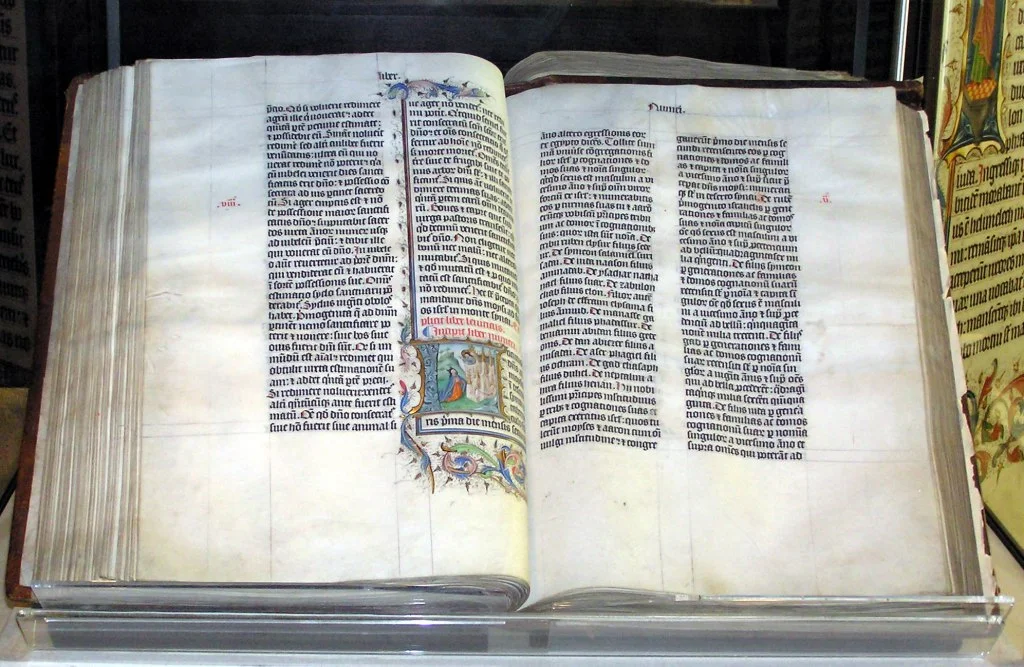The Fascinating World of Apocryphal Documents: Myths, Legends and Forgotten Histories
Throughout history, countless texts have shaped civilizations’ beliefs, cultures, and societies worldwide. However, not all of these documents hold official status in religious, historical, or governmental canons. Among them are apocryphal documents – texts shrouded in mystery, often dismissed by authorities but cherished by others for their rich narratives and alternative viewpoints.
But what exactly are apocryphal documents? How did they emerge, and what role do they play in our understanding of history?
‘Apocryphal’ comes from the Greek word apokryphos, meaning ‘hidden’ or obscure’. Historically, apocryphal texts are writings of dubious authenticity or texts excluded from an official canon, often for theological, philosophical, or political reasons.
In religious contexts, the term is most famously associated with books mainstream Christianity did not include in the Bible. These include works like The Gospel of Thomas, The Gospel of Judas, or The Book of Enoch. Similarly, in history and literature, apocryphal documents offer alternative accounts of well-known events or lost legends and myths outside the official records.
Apocryphal documents were often written during the same time as their canonical counterparts, in the centuries that followed, or even before. For instance, many apocryphal gospels and religious texts were written in the early centuries of the Christian church. However, they were excluded from official scripture for various reasons:
- Theological Discrepancies: Many apocryphal documents contain ideas or interpretations that conflict with established theological doctrine. For example, the Gospel of Judas portrays Judas Iscariot not as a villain but as a crucial and noble figure in Jesus’ mission, a narrative far removed from traditional Christian teachings.
- Political Influence: At times, political motives influenced the selection of canonical texts. Ruling authorities or religious leaders often sought to promote unity and conformity in belief systems. Apocryphal texts that threatened this unity were often rejected.
- Unknown Origins: Some apocryphal texts emerged anonymously or had unclear authorship, casting doubt on their credibility. Without a known or trusted author, these texts often struggled to gain acceptance in religious or historical canons.

Though labeled as unofficial or inauthentic by some authorities, apocryphal documents are invaluable to scholars, historians, and theologians. They offer:
- Alternative perspectives: Many apocryphal documents provide alternate views on familiar stories or events. These narratives can challenge official interpretations, prompting deeper reflection on widely accepted beliefs.
- Cultural and historical Insight: Apocryphal texts often reflect the cultural, social, and political contexts in which they were written. For Example, the Book of Enoch offers insight into Jewish thought during the Second Temple period and influenced early Christian theology, even though it was not included in the Hebrew Bible or Christian Old Testament.
- Rich Mythology: Beyond their historical or religious value, apocryphal texts contribute to the mythologies of various cultures. They often contain vibrant stories of legendary figures, miraculous events, and cosmic mysteries that captivate the imagination.
While there are countless apocryphal texts across religious cultures, a few stand out for their influence and intrigue:
- The Gospel of Thomas: A collection of 114 sayings attributed to Jesus, this text emphasizes personal spiritual knowledge over institutionalized faith and lacks any account of Jesus’ crucifixion or resurrection, which differentiates it sharply from the canonical gospels.
- The Book of Enoch: This ancient Jewish text, attributed to the biblical figure Enoch, explores heavenly realms, angels, and the nature of evil. It was highly influential in early Christian theology but was later excluded from the canonical Bible.
- The Acts of Paul and Thecla: This early Christian text, focused on the adventures of a female disciple named Thecla, challenged contemporary gender roles and explored themes of chastity and divine protection.
- The Secret History of the Mongols: Though not religious, this apocryphal document provides an alternative narrative of Genghis Khan’s rise to power. Written anonymously and passed down orally, it offers a unique perspective on Mongolian history.
Apocryphal documents serve as a reminder that history and belief are not monolithic. They encourage us to question what we consider the ‘official’ version of events and explore the diverse ideas that have shaped human thought. In a time when access to information is easier than ever, revisiting apocryphal texts allows us to broaden our understanding of history, spirituality, and culture.
Moreover, these texts can spark modern debates about power, inclusion, and the nature of truth. Who gets to decide what is canon? What voices have been left out of history, and why? These questions continue to resonate, making apocryphal documents not just relics of the past but vital tools for examining the complexities of the past.
In short, while apocryphal documents may be labeled as hidden, obscure, or even heretical, they offer valuable insights into alternative histories and beliefs that challenge and enrich our understanding of the world.

